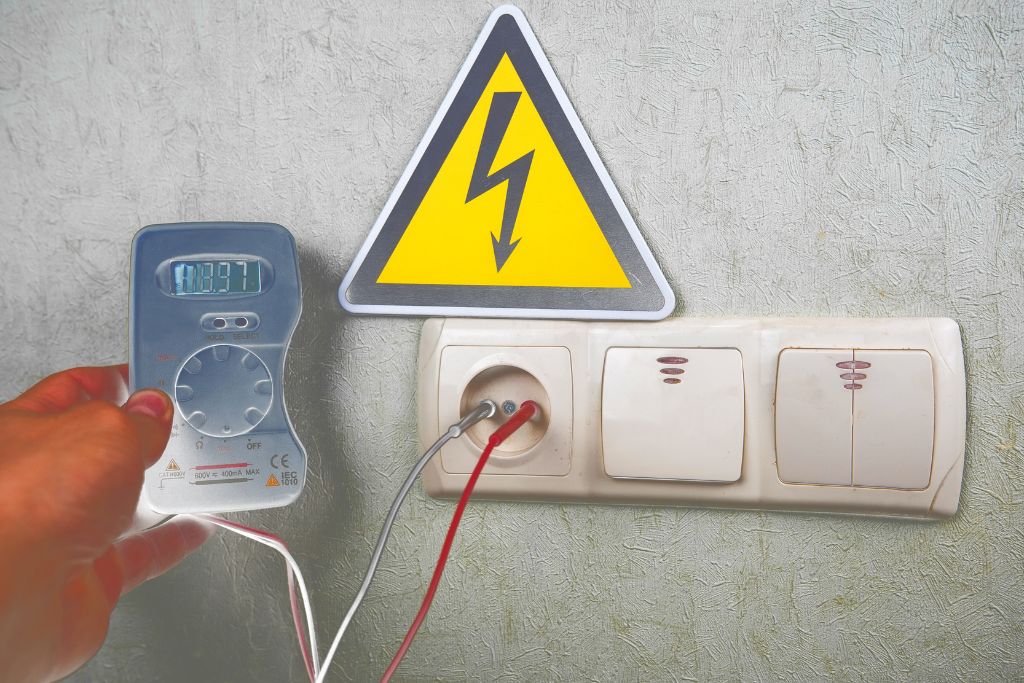
Children are the most susceptible to electrical accidents, so it’s crucial to create household rules to protect them. These rules can range from never letting children put their fingers into electrical outlets to making sure that no electrical devices are used near water or while wet. The key is to explain to children why these rules are important, and they will be more likely to abide by them.
Place electrical devices high up and out of reach
Electrical safety is one of the most important things to teach children. Electricity is a dangerous and unpredictable force and it can be dangerous to touch or play with it. Keeping electrical devices out of reach of children can protect them from electric shocks, and they will also learn about the danger of overloading power lines. Children should be taught that power lines are high up, out of reach, and out of sight.
Electrical safety tips are applicable not only when using devices but also when storing them. Keeping cords and electrical devices away from children and pets is essential. Do not wrap cords tightly around objects, as this can stretch and overheat the cord. Also, do not allow cords to rest on hot surfaces, as this can damage the wires and insulation. Unplugging appliances and outlets are also an important way to reduce the risks of electrical shocks.
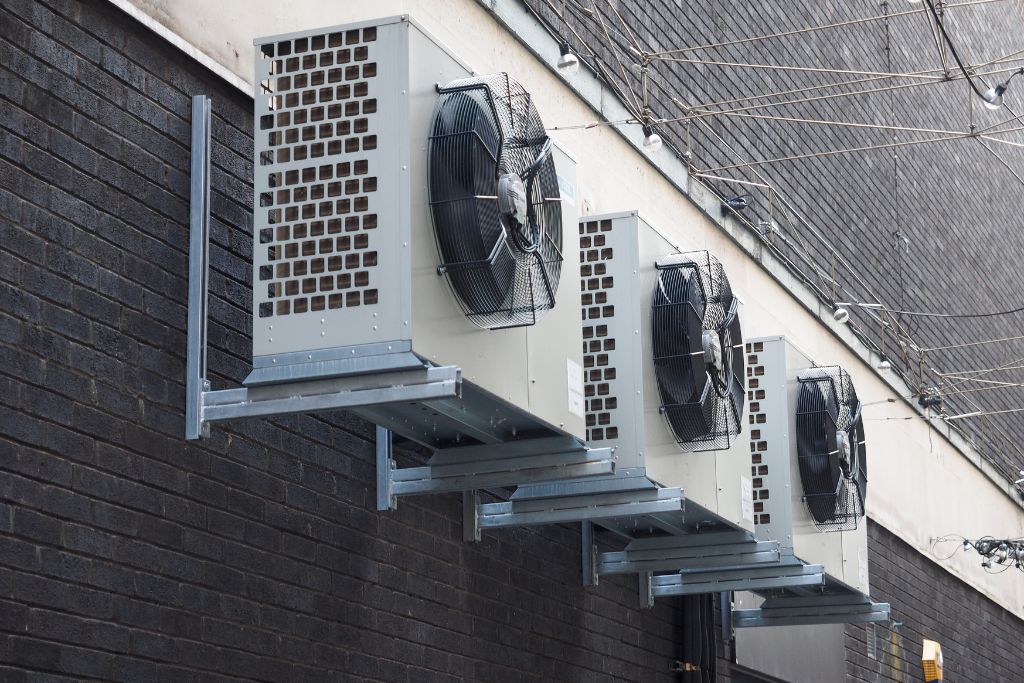
Electrical safety is crucial to the development of children. Young children are curious and must be taught how to safely use electrical devices. Children should be supervised by adults at all times when using electrical devices.
Educate children on the dangers of playing with power lines
If you want your children to be safe, you should educate them about the dangers of playing with power lines. This will help prevent them from climbing on them, removing objects from them, or flying remote-control airplanes near power lines. It’s also important to keep them away from power transformers, which can be energized.
If you come across a downed power line, make sure to stay away and report it to an adult. If you see a dangling wire, stay at least 20 feet away. You should also keep metal objects away from power lines. The electricity they carry can be lethal if they get close enough.
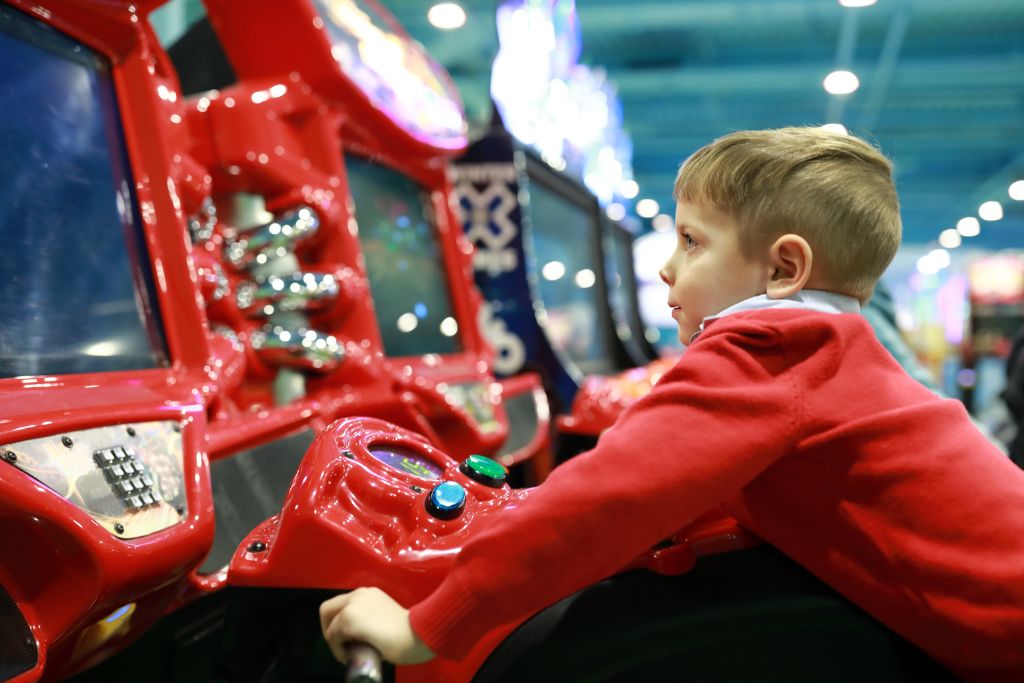
Electricity is also dangerous for children, so make sure they are dry before using any electrical appliances. You can also protect them from electrocution by keeping electrical appliances out of their reach and away from water sources. Also, teach them not to play with electricity or electrical appliances with wet hands. You can also ask an electrician to check for any frayed or exposed wires, or if there are any power lines nearby.
Educate them on the dangers of touching plug socket covers
If you have young children, you need to educate them on the dangers of touching plug socket covers. While socket covers are often said to protect children from electrical shocks, they are actually not very protective. The covers are often not the right size for the sockets they cover and can easily be pulled out by children.
It is crucial to teach your children the dangers of electricity, and you should use positive reinforcement to ensure that your children are aware of the dangers. If your child accidentally touches the plug socket cover, remove the power source immediately. Start CPR, treat the child with bandages, and ensure that the child is kept as warm as possible. Also, make sure to use child-proof electrical outlets whenever possible.
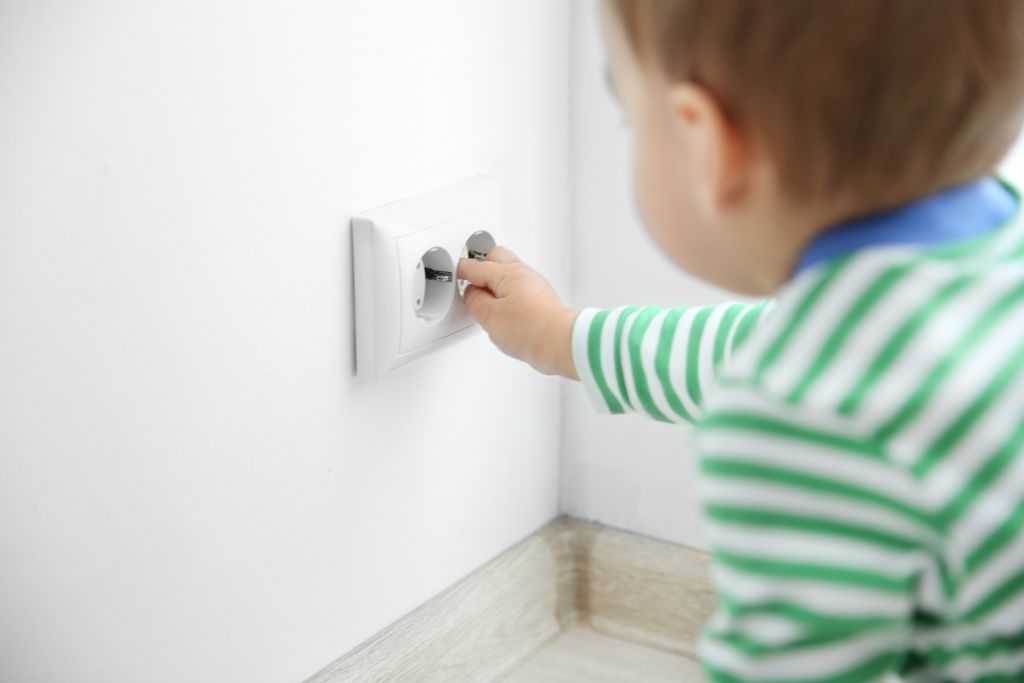
Another way to educate your children about the dangers of electrical cords is by keeping them out of reach. You can put covers on individual sockets, or buy plug sockets that automatically close when unplugged. Plug locks can also prevent children from accidentally plugging in electrical equipment. If you cannot prevent children from reaching your electrical outlets, use furniture to create a barrier between them and the sockets.
Educate them on the dangers of moist hands
Educating children about the dangers of moist hands and electricity is crucial. You can do this by setting an example yourself and demonstrating the importance of preventing your children from using electrical appliances and devices when their hands are wet. The same applies to using power tools or appliances near pools or sprinklers. Also, make sure that your children do not climb up fences and play near power stations.
Moist hands and electricity are not compatible, and kids often have wet hands that might accidentally touch an electrical cord. This can lead to serious injury or even death. Always make sure your children understand that they should not touch an electrical appliance with wet hands and that they should never carry a cup of water near an outlet.
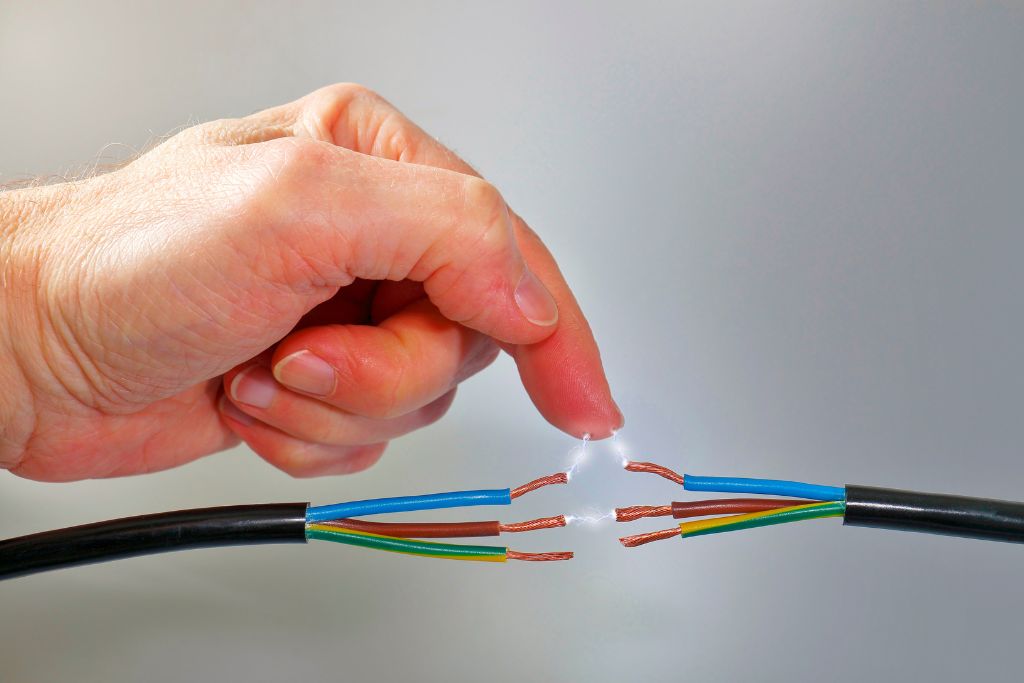
Electrical devices are highly dangerous, and they can shock children if they come into contact with them. You can educate your children about the dangers of wet hands by showing them a video about the dangers of electricity. You can also put a safety cap on an electrical socket to prevent children from accidentally touching it.

